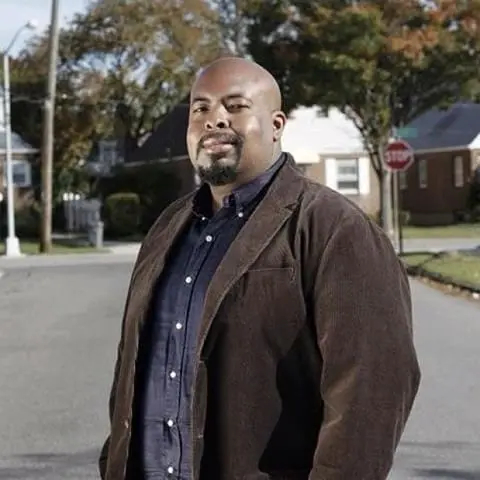
In this day and age, we can do almost anything online – including shopping for a new home. There are websites to look at properties, check lenders, and obtain your credit score. But many elements of the home buying process require inputting a lot of personal information.
According to a report from the Identity Theft Resource Center, there was a 126% increase in the amount of consumer records that exposed sensitive customer information in 2018. Add to that the fact that the First American Financial Corp. was recently found by an investigative reporter to have leaked hundreds of millions of documents related to mortgage deals going back to 2003, and the fear of having your information open to prying eyes online is a daunting one. But there are ways to protect your identity as you go through the process so you can safely use online resources.
Get Referrals
The first thing you can do to ensure you’re using a reputable source is to get a referral from a trusted friend, family member, or colleague. Chances are, you know at least a couple of people who have bought a home already, so ask around. Call it old fashioned, but word-of-mouth is still a great way to determine a business’ reputation. Whether it’s good or bad, a real-life experience can be worth a thousand online reviews.
Vet Each Recommendation
Take the time to research each referral you receive. Check them out with your local, regional, and even national regulatory authorities, such as the Better Business Bureau. Check each website for certificates and qualifications. Make sure certificates are up to date, too.
You should also vet the website itself. Look for sites that begin with “https,” which stands for Hypertext Transfer Protocol Secure. This extension allows you to send and receive information in an encrypted fashion after checking the security certificate of the website you’re visiting. It’s not 100% infallible, but it is a good start.
If you visit a lender or agent’s website and don’t see the “https” designation, make it a point to contact them and ask about the level of security on the site. And if you don’t see it written anywhere on the site, also ask how they store sensitive information they receive, both online and offline, and what their protocol is if they suspect (or confirm) a breach.
Protect Your Credit
It’s worth it to pay a monthly or annual fee for a credit monitoring service. This is something you should be doing in the period leading up to a major purchase anyway, but it’s especially important to have credit monitoring when you begin submitting sensitive information online. With credit monitoring, you’ll get notifications to any suspicious activity that might occur with your credit report, whether it’s a suspicious credit inquiry or a potentially fraudulent credit application. If you want to be extra cautious, you can place a freeze on your credit; however, be aware that this means even for you to apply for a loan, you’ll have to call and have the freeze removed.
Don’t Let Your Guard Down
It’s tempting to let your defenses down when you get near the end of your home buying process – you’re ready to close and you’re already thinking of the new furniture you’re going to get and when to have the housewarming party. Not so fast, though.
Scammers may take advantage of this last step in the journey to get you to wire your down payment to them instead of to your lender. There is protection from this type of fraud, but the restitution differs from state to state as the Federal Trade Commission works on a cohesive national policy. In the meantime, your best defense is your own gut and awareness.
If you notice anything amiss, call your lender directly. Ask
plenty of questions so you know exactly how they’ll contact you for wiring your
down payment, and how they authenticate their communications.
By taking the time to practice these
precautions, you can prevent a thief from jeopardizing the home of your dreams
and, more importantly, you can remain focused on other important steps in the
home buying process.

Christopher Smith is a freelance writer when he’s not sampling the best cuisine in his hometown of New York City. Prior to that, he worked in film and television post-production, and counts the honor of working with Eartha Kitt among his milestones.
 The Path From Preapproval to Approved Loan
The Path From Preapproval to Approved Loan